Guiding Artificial Evolution
Empowering Ethical Innovation
Humans. Artificials. Together.
Navigating Humanity’s Life with Artificials
Follow UsWhat we do
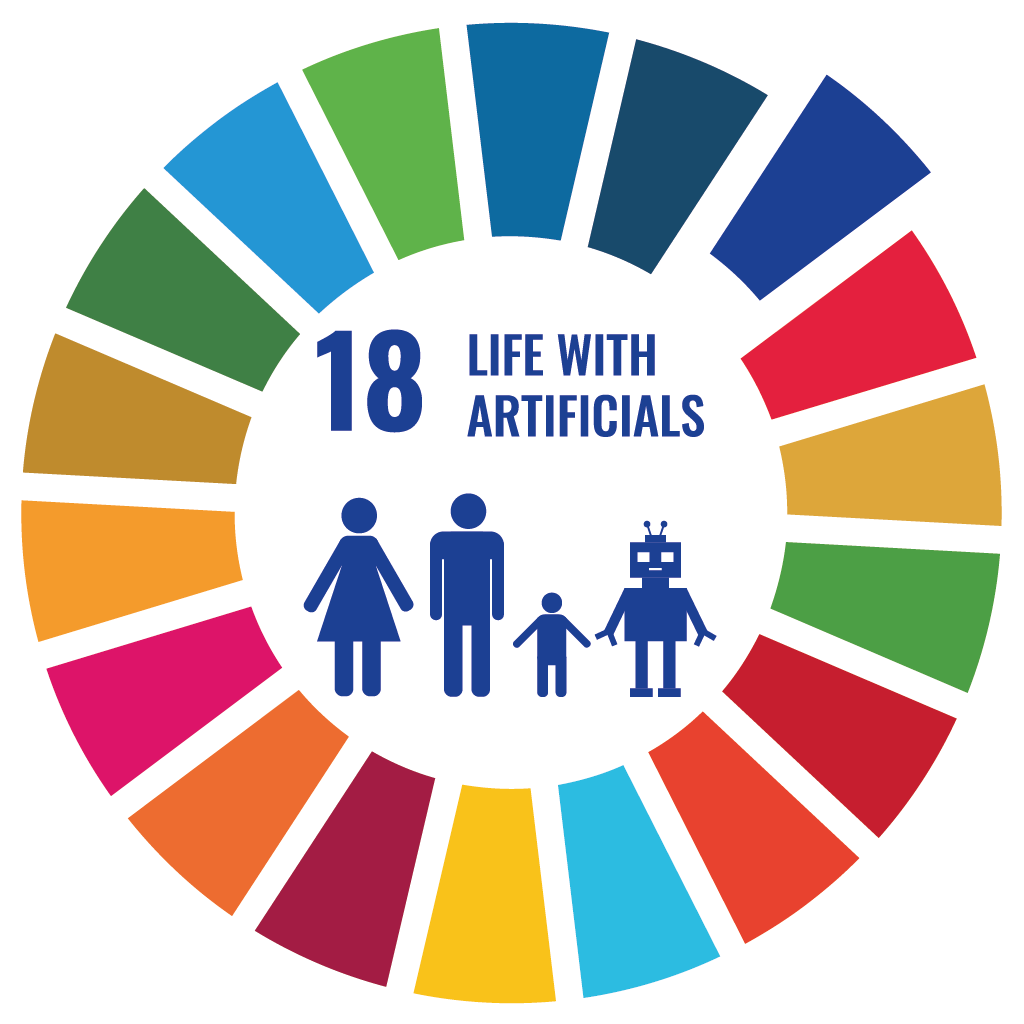
Join the movement to make Life With Artificials the next global goal — SDG 18. By adding your email, you stand with those shaping a future where humans and artificials grow together responsibly.
Your pledge keeps you connected to our progress, insights, and the voices driving this change.
Show Support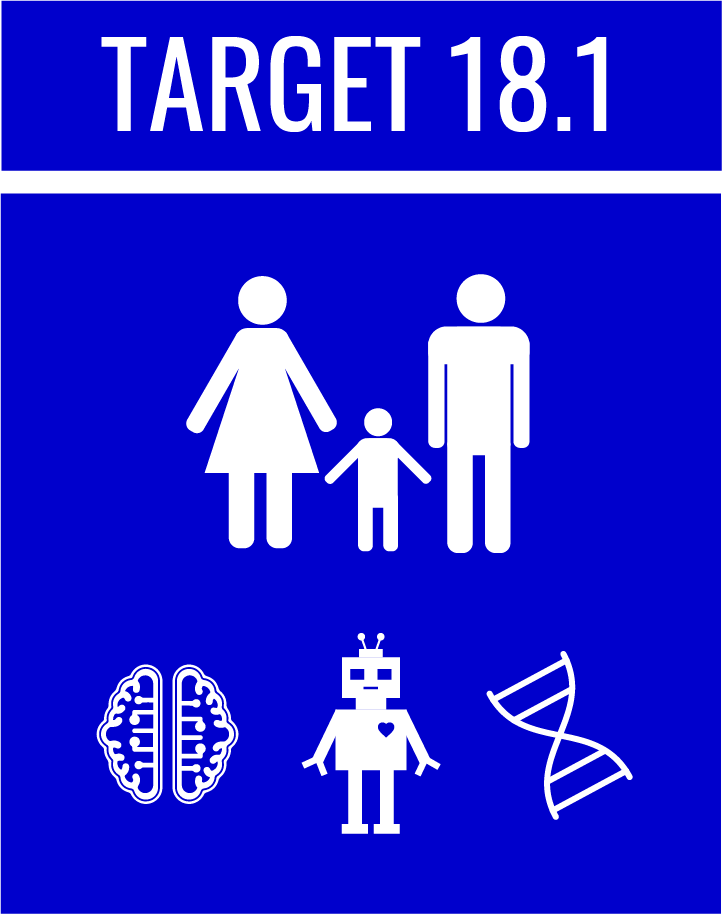
TARGET 18.1
A global code of conduct for artificial intellegence
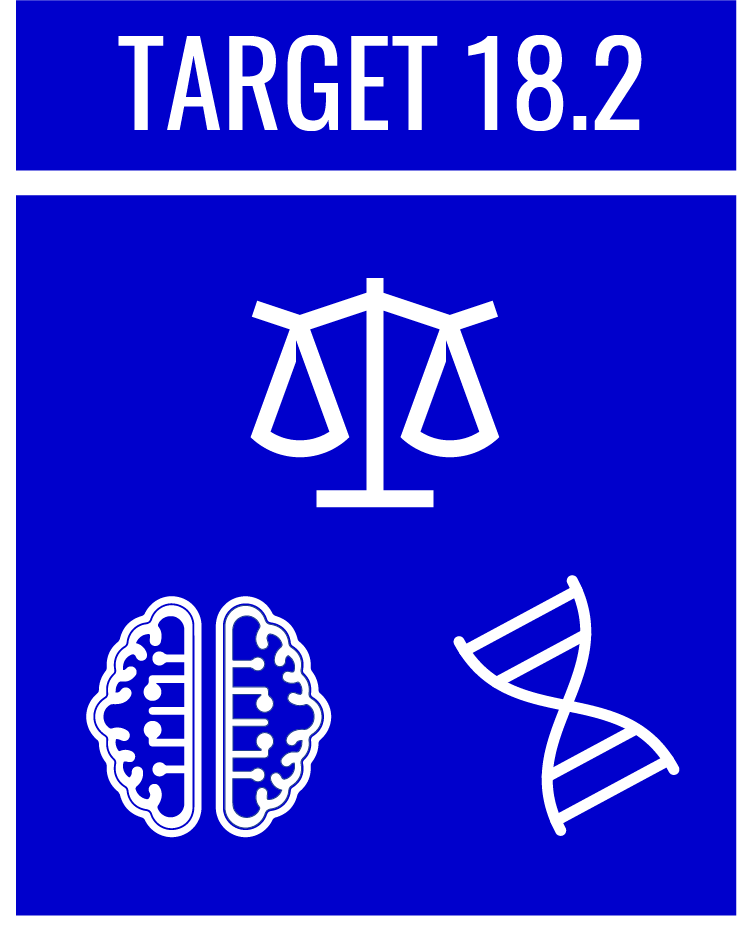
TARGET 18.2
Standards for developing artificials
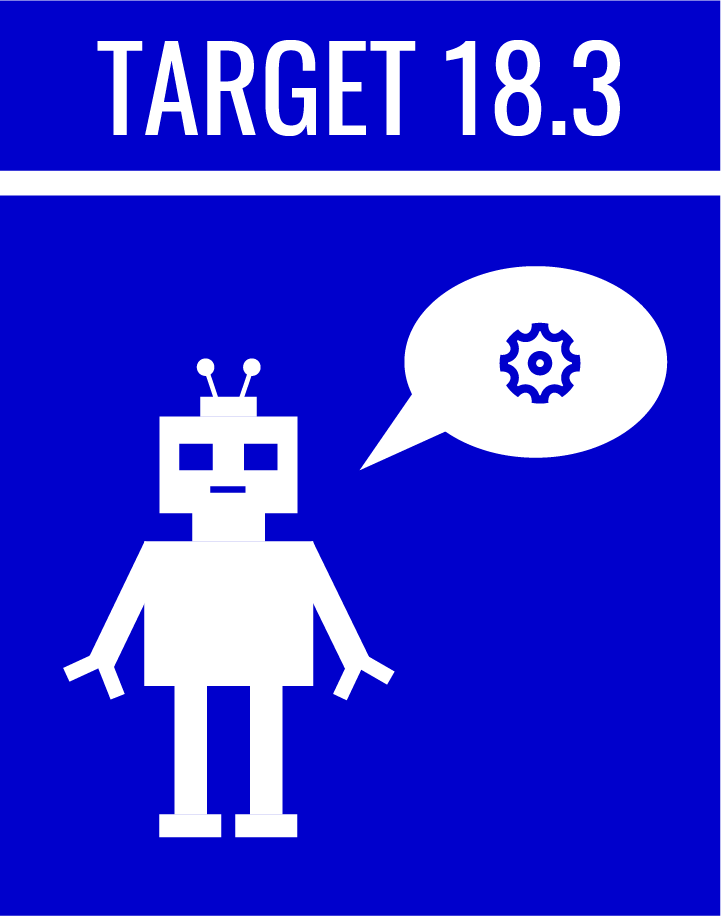
TARGET 18.3
Artificials must declare themselves
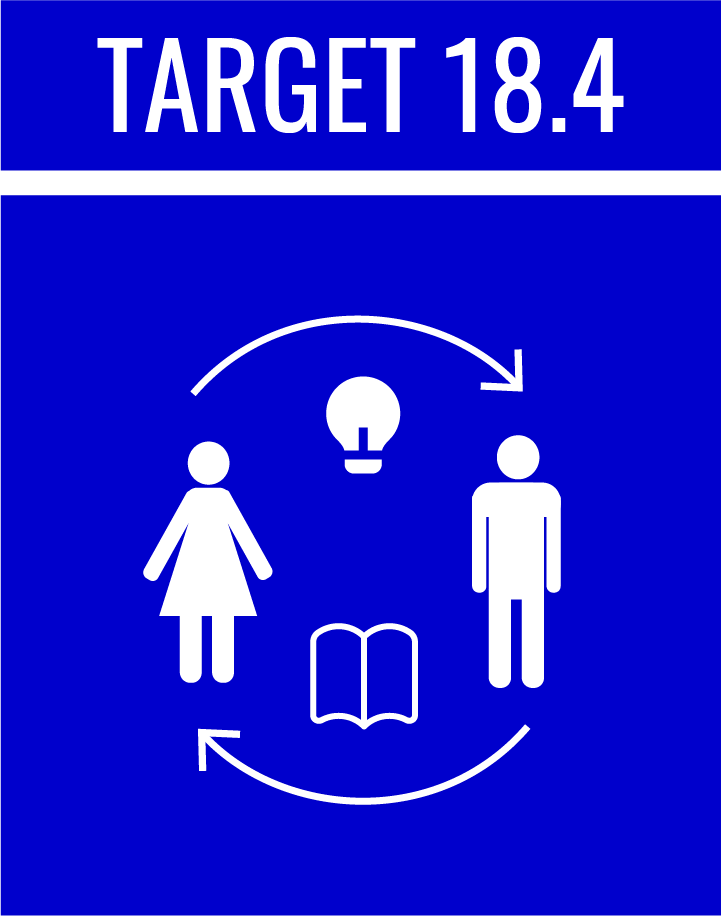
TARGET 18.4
Artificials is for the good of all humanity
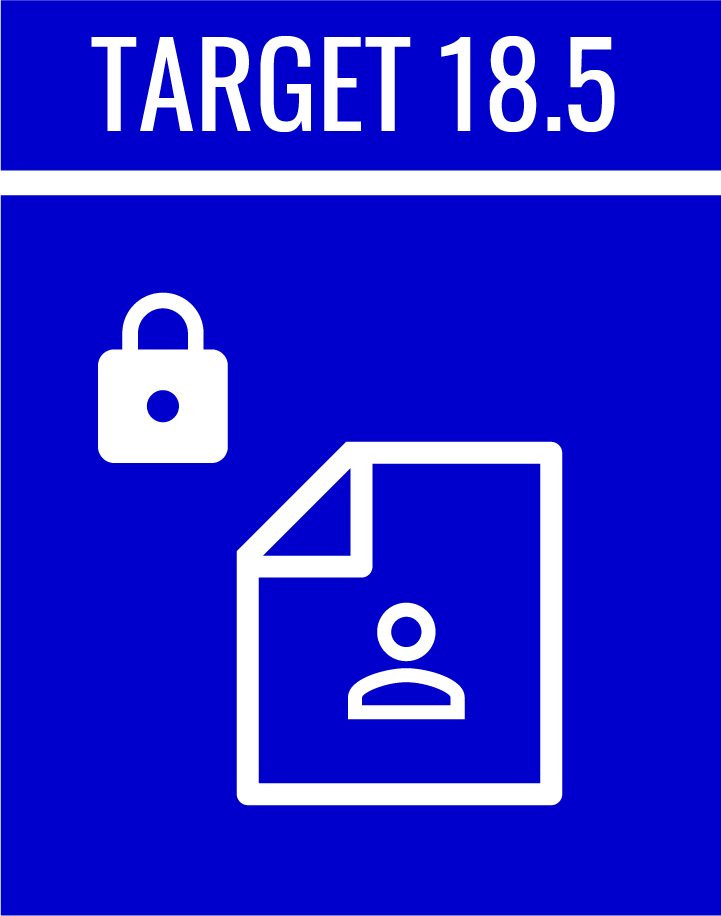
TARGET 18.5
Violation of privacy must be prohibited

TARGET 18.1
A global code of conduct for artificial intellegence

TARGET 18.2
Standards for developing artificials

TARGET 18.3
Artificials must declare themselves

TARGET 18.4
Artificials is for the good of all humanity

TARGET 18.5
Violation of privacy must be prohibited

TARGET 18.1
A global code of conduct for artificial intellegence

TARGET 18.2
Standards for developing artificials

TARGET 18.3
Artificials must declare themselves

TARGET 18.4
Artificials is for the good of all humanity

TARGET 18.5
Violation of privacy must be prohibited
Get ebook
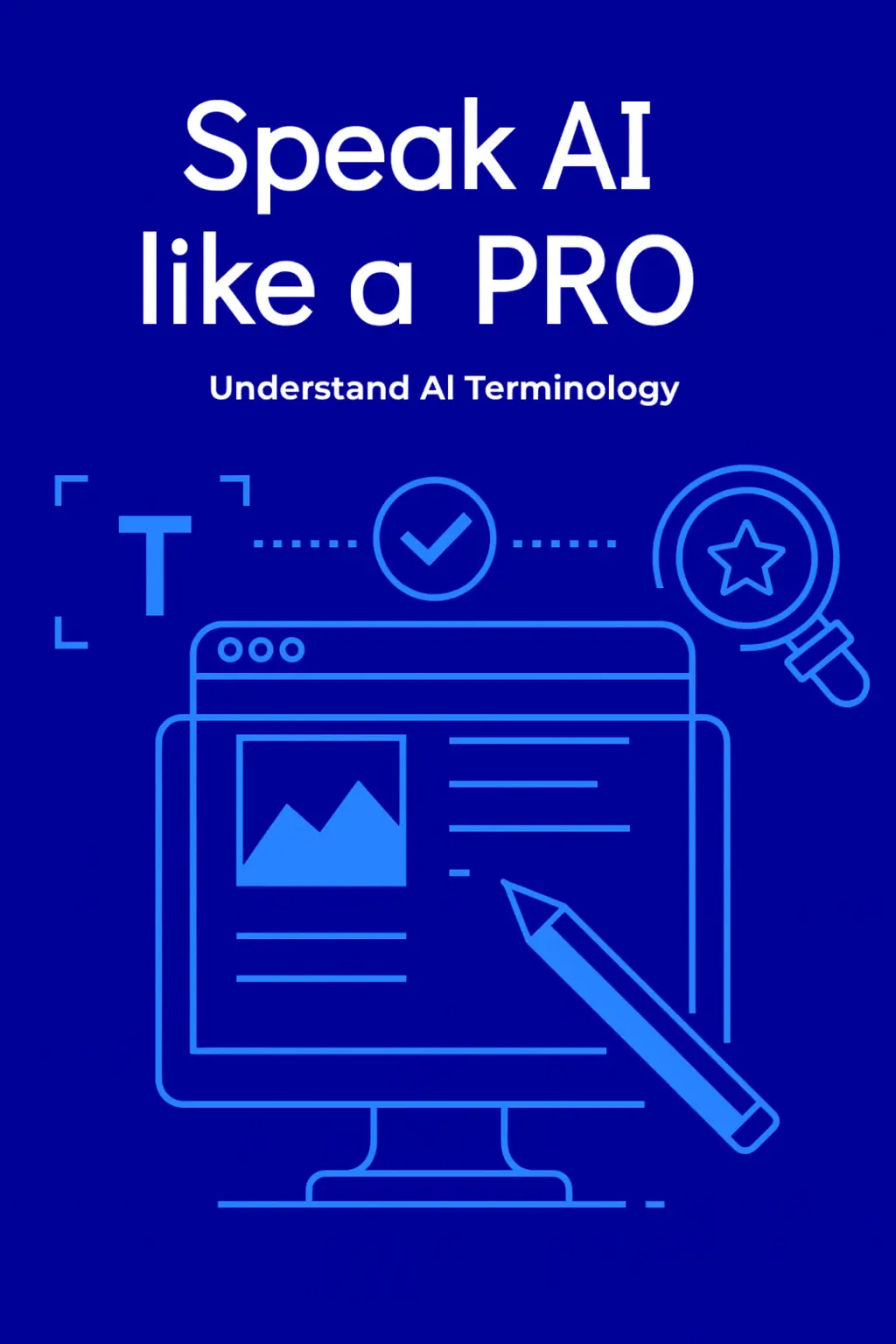
Bridge curiosity and understanding. Our free AI glossary makes complex ideas clear — so you can join the global conversation on how artificials are transforming life, work, and the planet. 600 terms in 9 categories so you understand how different areas of life, are evolving with AI.
Get eBookOur

We help humanity navigate and shape the rise of artificials responsibly and inclusively, by creating spaces for dialogue, insight, and inspiration.
Mission
Our Work: Guiding Humanity Forward
Values that guide us
We help humanity navigate and shape the rise of artificials responsibly and inclusively, by creating spaces for dialogue, insight, and inspiration

Ambitious

Innovative

Challenging

Passionate
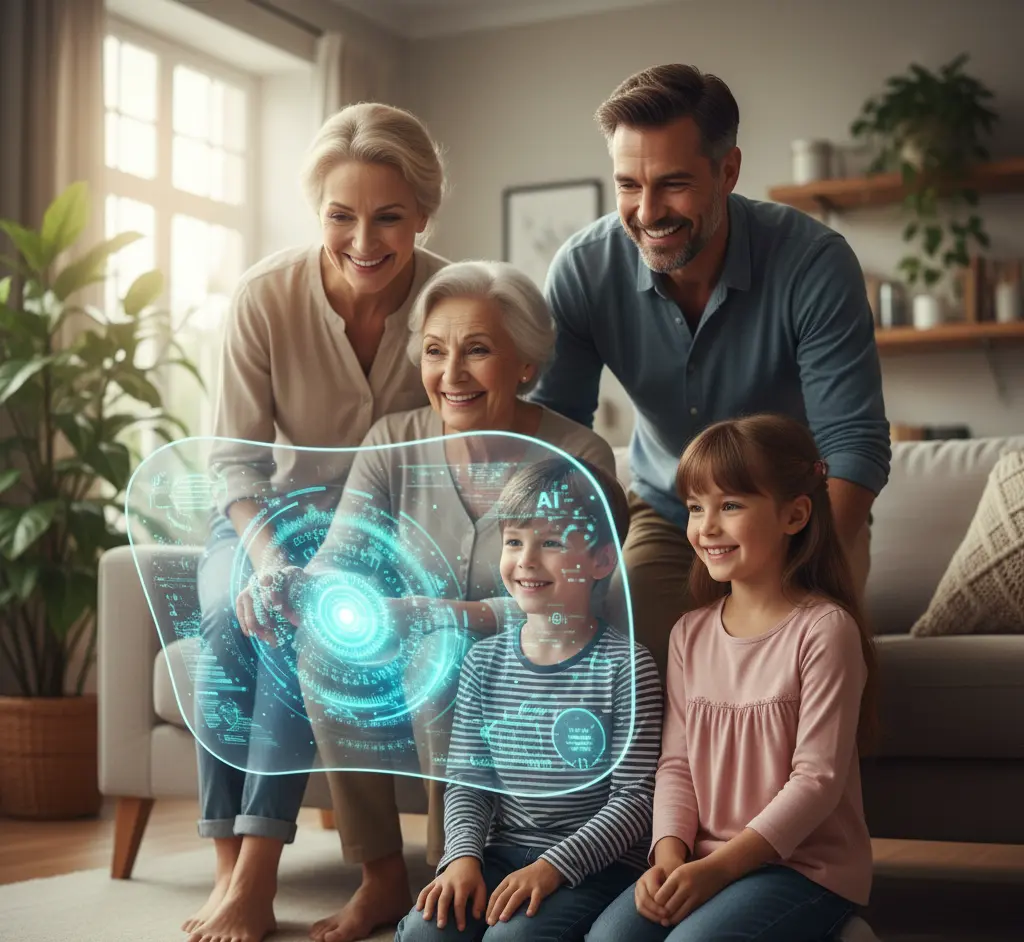
Pioneering
A future where humanity and artificials grow together, strengthening each other for the benefit of all life.
Empower humanity by expanding our capabilities and freeing us to create,explore, and thrive.
Support sustainability by addressing climate change, food insecurity, andresource challenges.
Respect dignity by aligning technological progress with human rights andethical principles.
Inspire creativity by opening new frontiers for art, science, culturalimagination and life changing innovation













